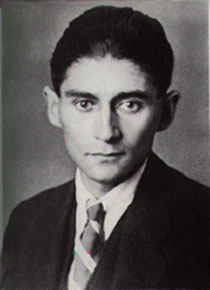That had a lot to do with the New York obscenity case brought against Viking when it first published the book in 1933. The court determined the novel had literary merit and was not pornographic, but afterward everybody wanted to read it to see what all the fuss was about.
The sexuality in the story is not at all explicit, yet even today, more than 80 years after its original publication, God's Little Acre seems shocking. Caldwell writes about a Depression-era family in the rural South whose patriarch, Ty Ty, is obsessed with finding gold on his land. His soil is rich and he could make a good living farming his land, but instead he and his grown sons, Buck and Shaw, dig great holes in their search for the gold Ty Ty remains convinced lies somewhere on his land.
God's little acre is that small portion of his land, significantly less than an acre, Ty Ty has set aside for God. He swears he will give to the church any income produced from this little acre, but he makes it a point to move God's land somewhere else on his property whenever he decides to dig there. Also living on the farm are Darling Jill, Ty Ty's promiscuous youngest daughter, and Griselda, Buck's beautiful wife. Darling Jill expects to someday to marry Pluto, the plump and stupid candidate for sheriff, but in the meantime has sex with just about any man except him. As for Griselda, her beauty drives men crazy. This includes Ty Ty, her father-in-law, and especially Will, married to another of Ty Ty's daughters, and Jim Leslie, another of his sons, who wants little to do with his embarrassing family, that is until he sees Griselda.
Caldwell clearly had great literature as his goal when he wrote God's Little Acre. The novel deals with such themes as the plight of the South's non-union laborers, the neglect of the land and the hypocrisy of those whose lives fall far short of the religious ideals they espouse. The author may, in fact, have tried to say too much in his relatively short novel, allowing his portrayal of a lusty Southern family to become the center of his story.



